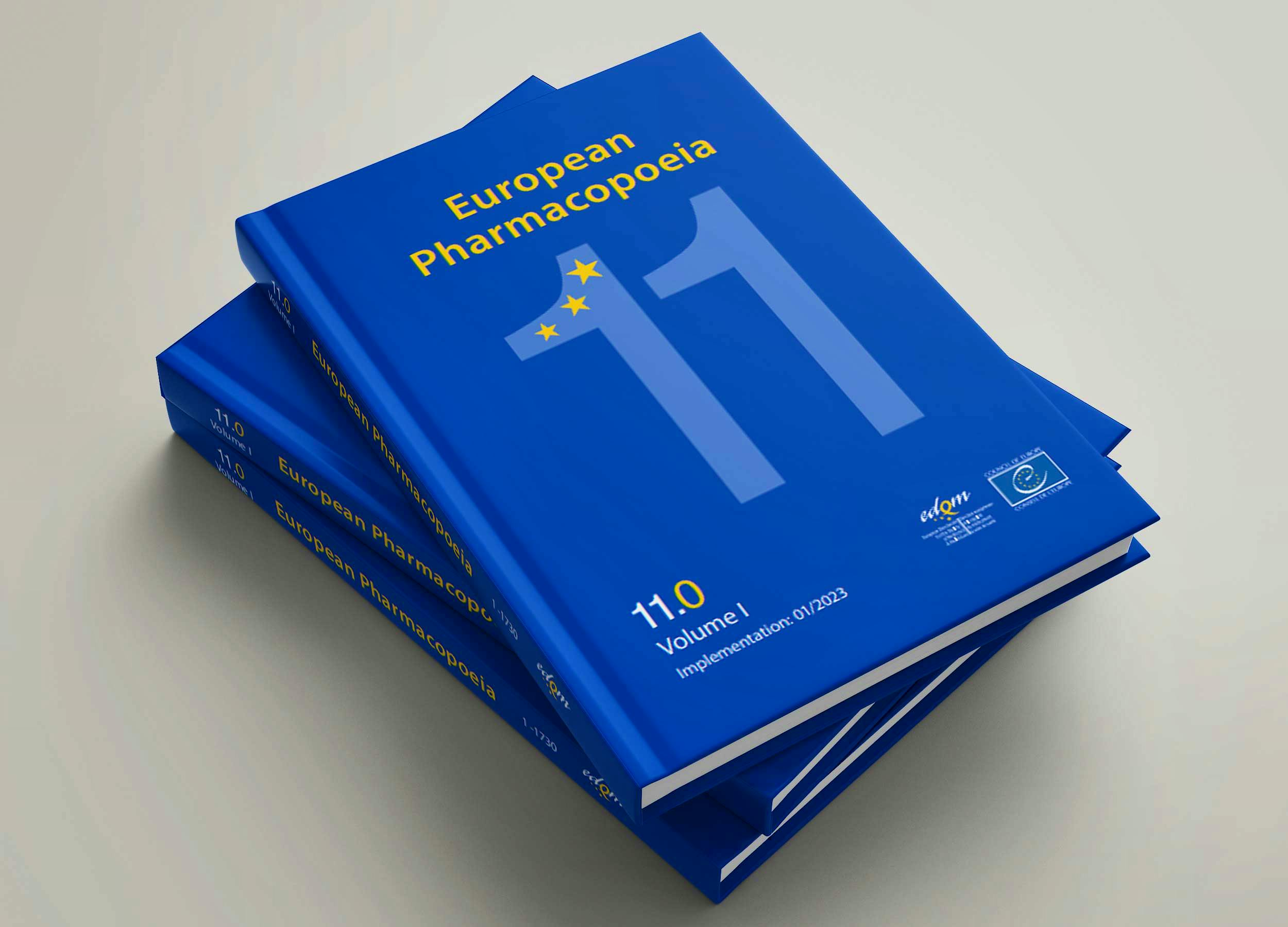Product detailsThe IMDG Code, 2022 Edition (inc. Amendment 41-22) comes into force on 1 January 2024 and may be applied voluntarily as from 1 January 2023.
The IMDG Code Supplement, 2022 Edition renders obsolete the previous 2020 edition.
Publisher: International Maritime Organization (January 1, 2022)
Language: English
Paperback: 931 pages
ISBN-10: 9280117475
ISBN-13: 978-9280117479
Item Weight: 1.11 pounds
Description
The International Maritime Dangerous Goods Code (IMDG Code) lays out the regulatory framework for all aspects of handling dangerous goods and marine pollutants in sea transport.
The IMDG Code is divided into two volumes: Volume 1 containing sections on general provisions, definitions and training; classification; packing and tank provisions; consignment procedures; construction and testing of packagings, IBCs, large packagings, portable tanks, MEGCs and road tank vehicles and transport operations, and Volume 2 containing the Dangerous Goods List, special provisions and exceptions, Appendix A (list of generic and N.O.S. proper shipping names), Appendix B (glossary of terms) and the Index.
Since it was first published in 1965, the Code has undergone many changes, in both format and content, in order to keep up with the rapid expansion of the shipping industry.
Amendment 41-22 includes revisions to various sections of the Code and to transport requirements for specific substances. It was adopted by the International Maritime Organization's Maritime Safety Committee at its one hundred and fifth session in April 2022 and is mandatory from 1 January 2024 but may be applied by Administrations in whole or in part on a voluntary basis from 1 January 2023.
The provisions of the Code should be of interest to maritime administrations, shipping companies, manufacturers, packers, shippers, feeder services such as road and rail, and port authorities.
Many maritime countries have taken steps to regulate the carriage of dangerous goods by sea, based on the safety considerations set out in parts A and A-1 of chapter VII of the 1974 SOLAS Convention, as amended. More recently, as marine pollution has become a serious concern, countries have taken further steps to regulate the carriage of marine pollutants, as described in Annex III of MARPOL. The International Maritime Dangerous Goods (IMDG) Code, which was first published in 1965, amplifies the requirements of both Conventions and has become the standard guide to all aspects of handling dangerous goods and marine pollutants in sea transport.
What’s in it
The IMDG Code lays down basic principles: detailed recommendations for individual substances, materials and articles, and a number of recommendations for good operational practice, including advice on terminology, packing, labelling, stowage, segregation and handling, and emergency response action.
Who uses it
Although the information in the Code is directed primarily at the mariner, its provisions may affect a range of industries and services: manufacturers, packers, shippers, feeder services such as road and rail, and port authorities will find reliable advice on terminology, packing, labelling, classification, stowage, segregation, and emergency response action.
The two-volume Code is divided into seven parts:
Volume 1 (parts 1, 2, 4, 5, 6 and 7 of the Code) contains sections on:
• general provisions, definitions and training
• classification • packing and tank provisions • consignment procedures
• construction and testing of packagings, IBCs, large packagings, portable tanks, MEGCs and road tank vehicles
• transport operations
Volume 2 contains part 3 (Dangerous Goods List, special provisions and exceptions), appendices A and B (generic and N.O.S. Proper Shipping Names, and glossary of terms) and an index
The 2022 edition will be voluntary starting 1 January 2021 and become mandatory on 1 January 2024.
You might also be interested in:
- IATA Dangerous Goods Regulations 2021
- ICAO 9284 2023-2024
- ICAO 9284 Supplement 2023-2024
- ICAO 9481 2023-2024
- ADR 2023 English
Não encontrou o que procurava?
Estamos a disposição para ouvir e lhe ajudar com suas necessidades ou dúvidas.
Se você possui dúvidas sobre um livro em nosso site, como por exemplo outros formato de encadernação, outros idiomas diferentes, disponibilidade, prazos de entrega, outras formas de envio ou pagamentos ou não deseja fazer o pedido via website, entre em contato conosco através do nosso Serviço de Apoio ao Cliente pelo e-mail: info.mundocientifico@gmail.com
Nosso objetivo é fornecer a publicação certa que você precisa.
Mundo Científico Publicações









